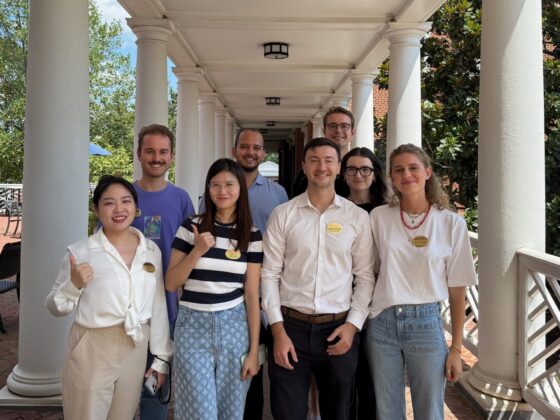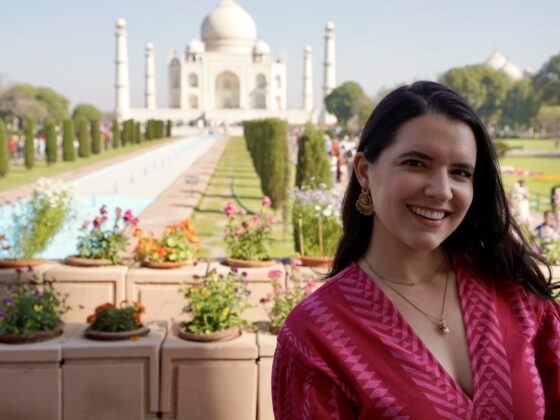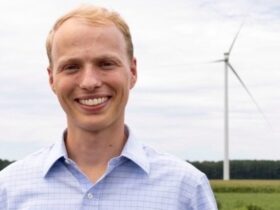By Lewis Nelson (EMBA Class of 2017)
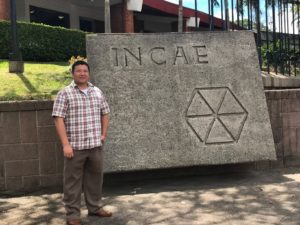
A group of MBA, Executive MBA, and Global Executive MBA students recently returned from a week-long visit to Costa Rican businesses and organizations exploring entrepreneurism, sustainability, immigration, and investment in the Latin American economy. Led by Melissa Thomas-Hunt, Darden Associate Professor, Senior Associate Dean, and Global Chief Diversity Officer, we were encouraged to view each interaction through the lens of negotiations and understanding leadership in a global context.
Costa Ricans live by the saying, “Pura Vida” or “Pure Life,” and it’s evident in how the country incorporates sustainability and mindfulness. During a visit to Rancho Margot–a sustainable ranch and eco-tourism project near the shores of Lake Arenal–founder Juan Sostheim explained his vision to create a zero-chemical, fully sustainable ranch funded through eco-tourism. Guests are treated to yoga twice a day and 75% of the food they are served is grown or raised on the ranch with all organic waste recycled through composting and a bio-digester that produces both methane gas for the kitchen and an organic fertilizer for crops.
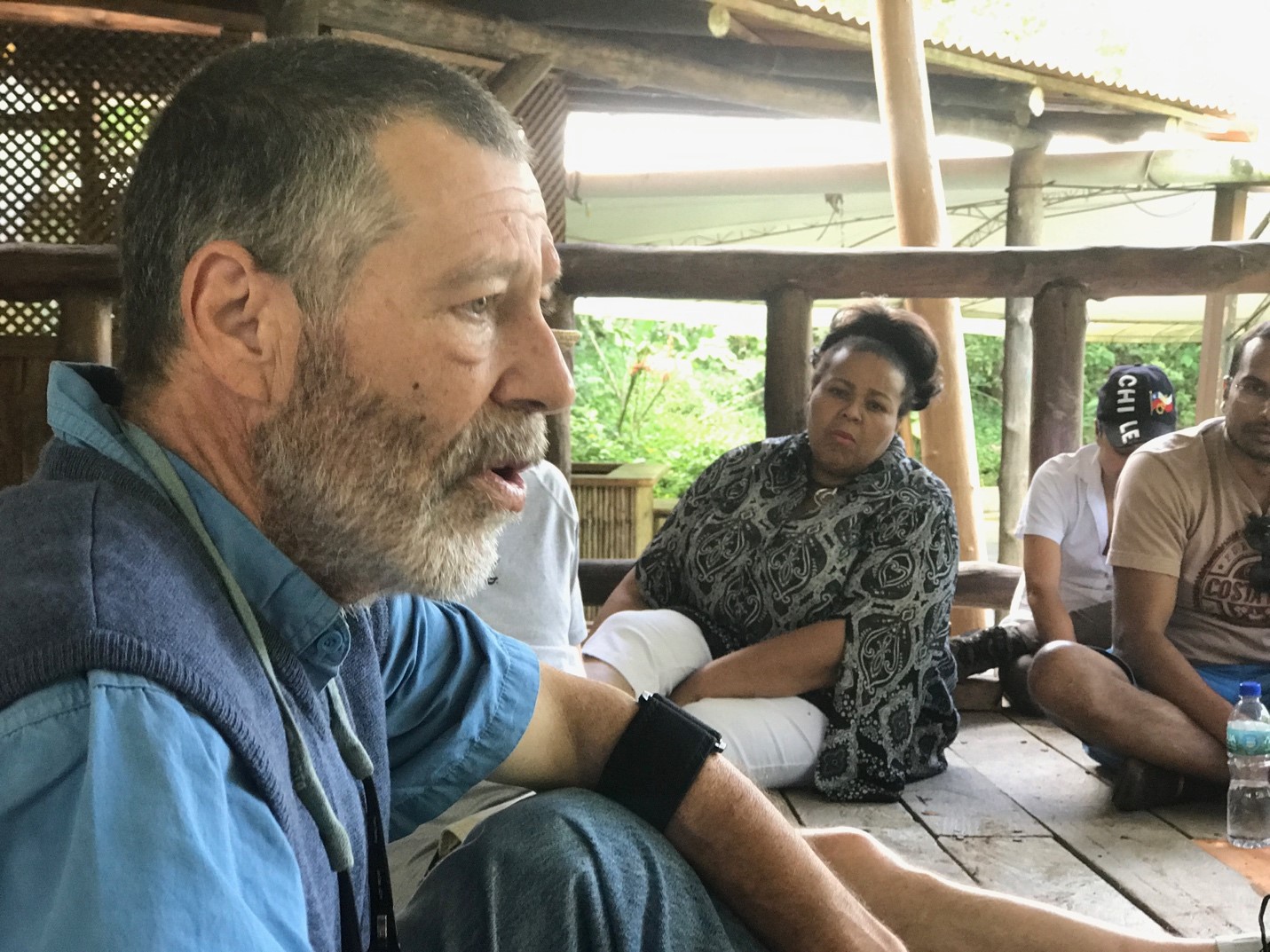
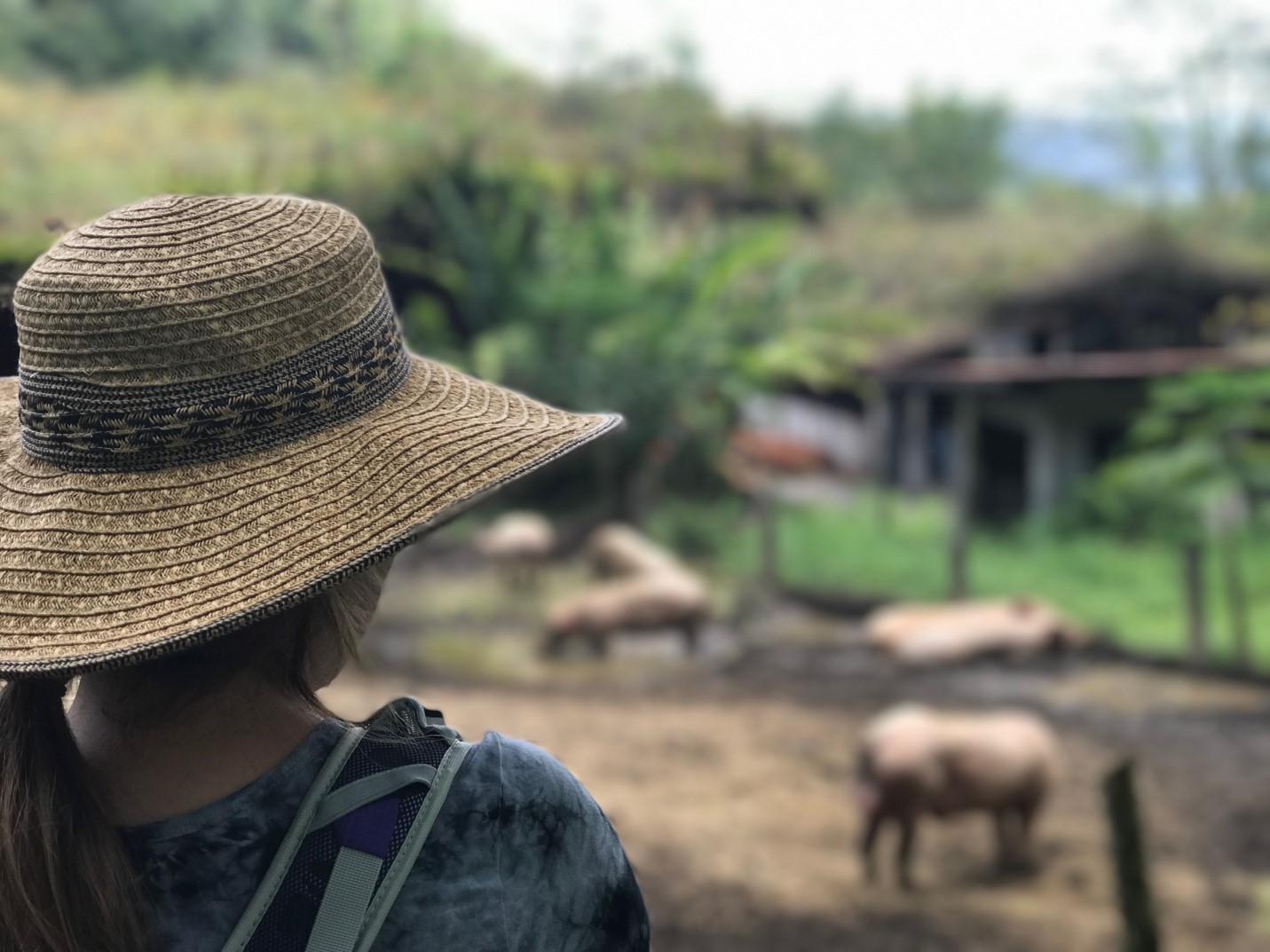
We further explored sustainability and mindfulness in Costa Rica through workspace design and government policy. We toured Gensler’s San Jose office and received a tour highlighting sustainable office space practices and workspace design innovation, which included on-site composting, on-site gardens with produce available for employees, and both open and private workspaces that encouraged both cooperation and deep work. We further witnessed Gensler’s design concept in person during a visit to VMware’s San Jose office where we also participated in a great discussion of workspace culture with VMware’s local general manager. During a briefing on foreign investment from the Costa Rican Investment Promotion Agency (CINDE), we also learned about the government’s efforts to promote renewable energy, with a goal of being 100% dependent on renewable energy through hydro-electric, geo-thermal, and solar energy sources.

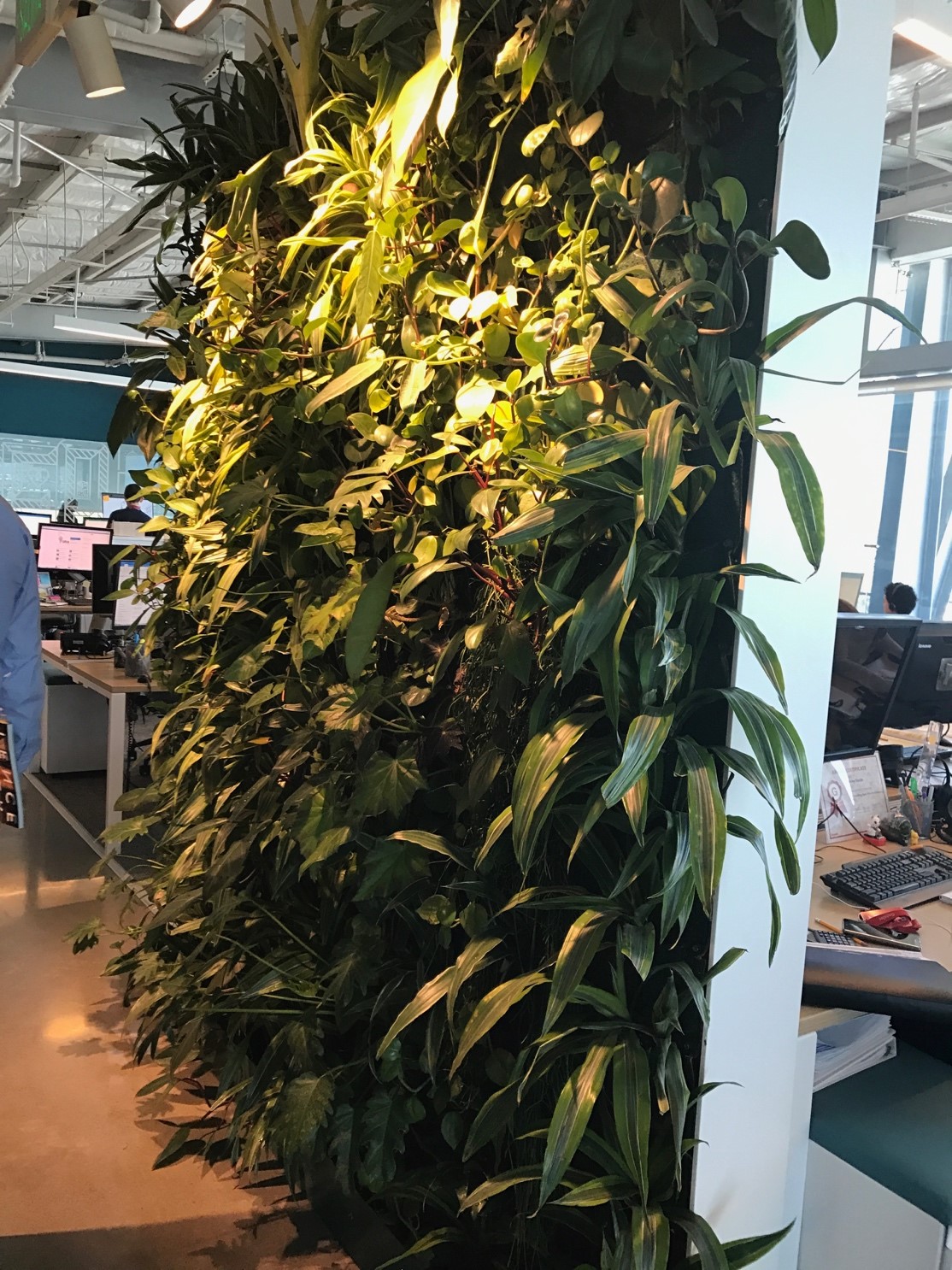

A visit to the newly established Entrepreneur Program at INCAE Business School was also very impactful. We learned about the challenges to starting new ventures in Latin America ranging from the lack of venture capital funding to an overwhelming mom-and-pop store mindset, but also the amazing opportunities to make an impact in the region. A visiting researcher from Chile encouraged all of us to explore the role social entrepreneurism could play in improving sustainability and social welfare throughout Latin America. We also heard about some of the workforce labor issues at CINDE and in a short visit to Cenderos, a non-profit working to strengthen the social role of border region immigrants to Costa Rica, in particular Nicaraguan women. Also in our briefing from CINDE, we learned Costa Rica offers substantial business tax incentives to foreign investors looking to open offices or start new ventures in the country demonstrating Costa Rica provides a unique opportunity for foreign entrepreneurs through an open marketplace, potential social entrepreneurship impact, and government support.

The final facet of our visit was focused on agricultural production and the role of negotiation in ensuring fair market value for Costa Rican growers. We spent an entire day visiting multiple growers that supply produce to WalMart, the nation’s largest retail supplier of produce to Costa Ricans. We discussed the process WalMart uses to establish fair market prices to their independent growers and the rigorous standards and inspections required to maintain the supply relationship. We witnessed the growers on-site production facilities used to sanitize, bundle, and prepare for shipping to WalMart’s produce distribution centers. We then toured one of the distribution centers to see the quality control process in action and sheer volume of produce moved daily through the facility. We then visited Costa Rica’s Institute of Coffee (Icafe) to see how the institute supports the coffee producers by negotiating market prices and conducting research and experimental growing to support more than 40,000 growers nationwide. Their work ensures growers receive a fair share of the proceeds for their work and provides advocacy to the thousands of growers to keep the coffee industry competitive and strong.




In this, my second Darden Global Worldwide experience, I was really impressed with the way Costa Rica has incorporated its “Pura Vida” lifestyle and mindful living practices into their primary industries of eco-tourism and agriculture, but extending it into the growing technology and production industry. While the intent may have been for us to learn about how to apply our Darden education into impacting the global business economy, I believe I’ve returned to the United States with a growing urge to apply the mindfulness and sustainable practices I witnessed in action in Costa Rica. The amount of respect I witnessed by companies and organizations for their employees, their stakeholders, and the environment should serve as a benchmark in business ethics and business culture throughout our post-Darden careers and ventures.

